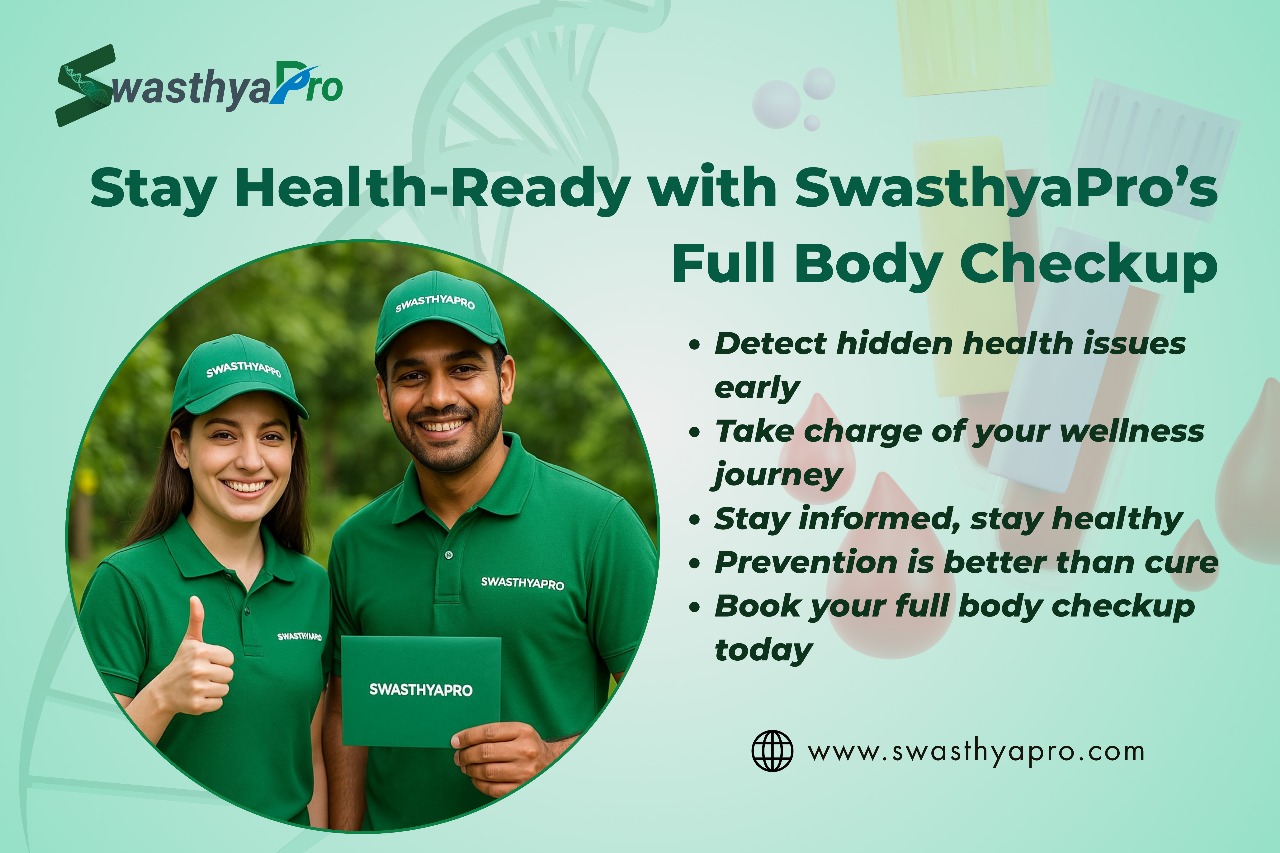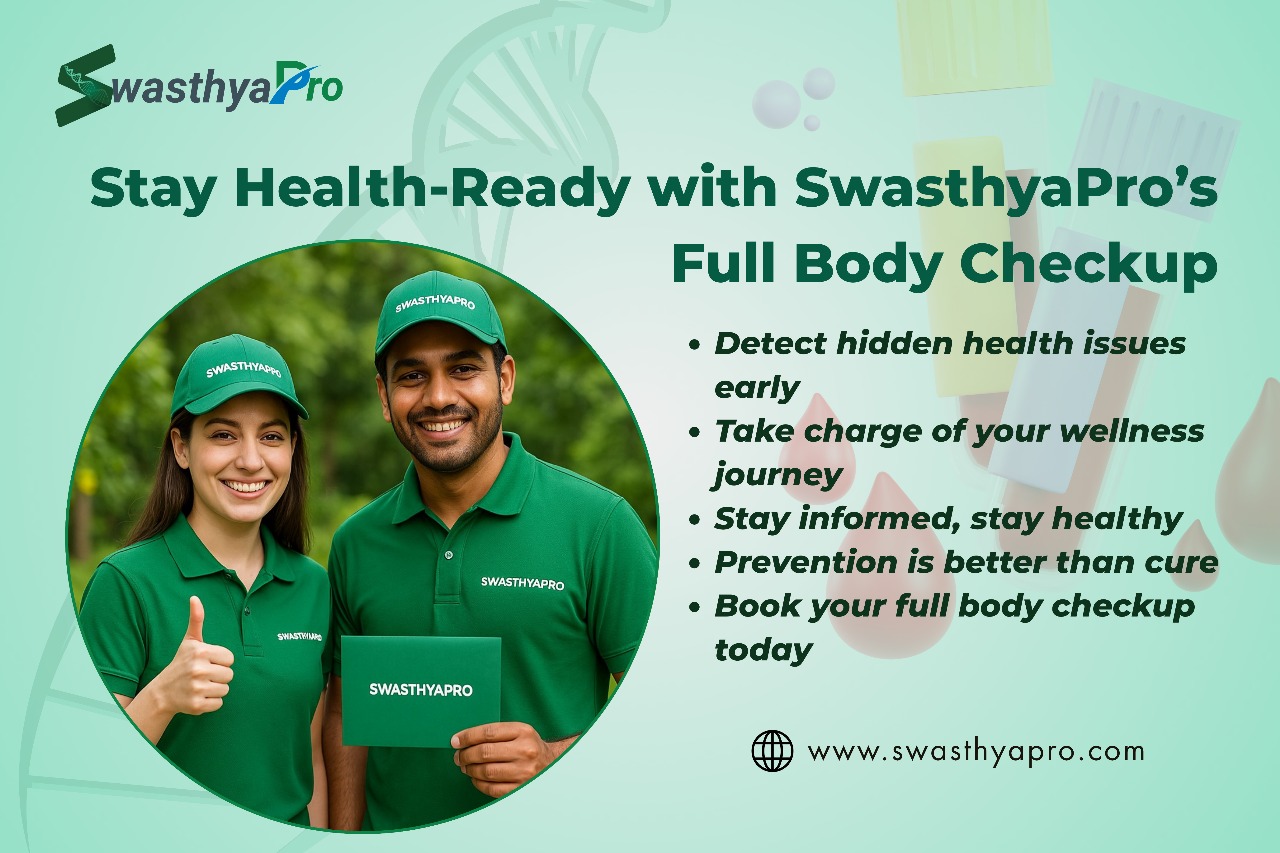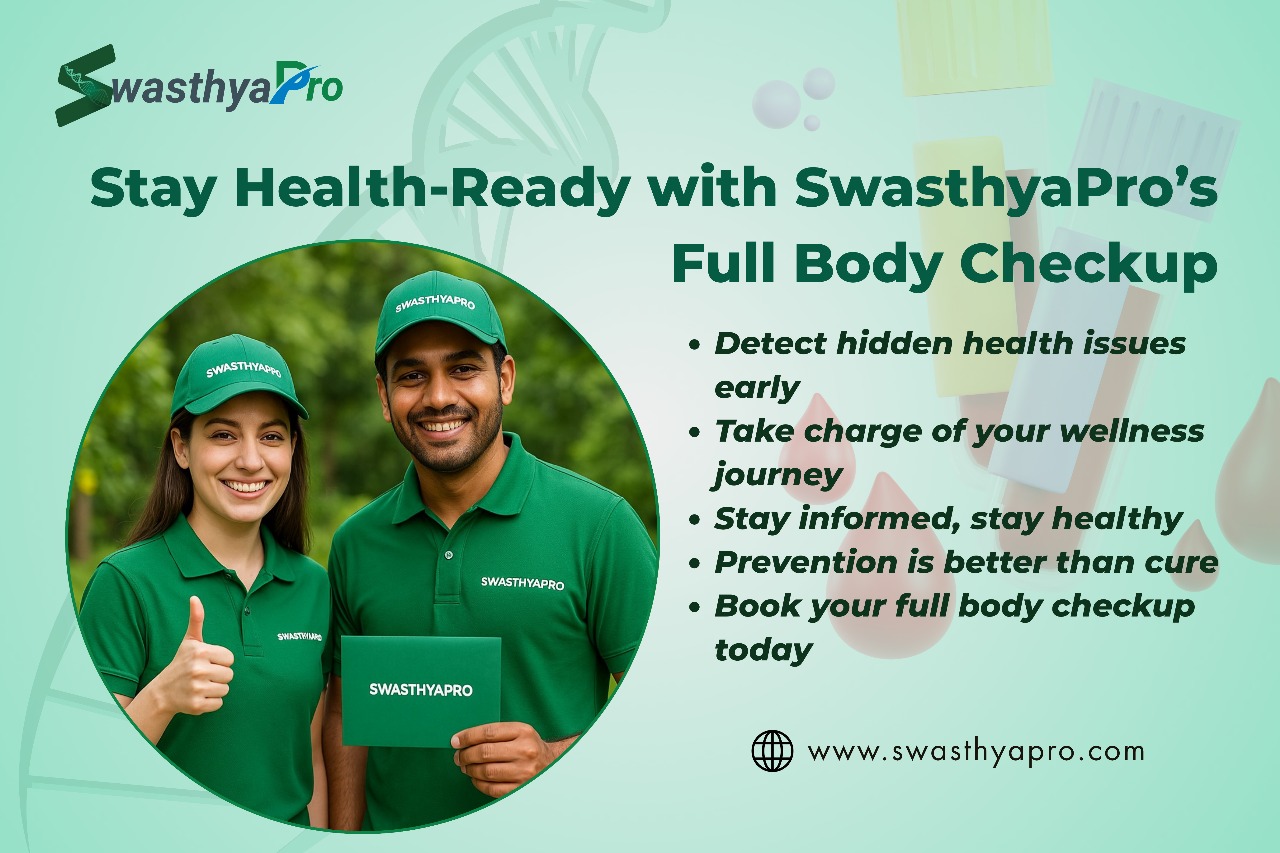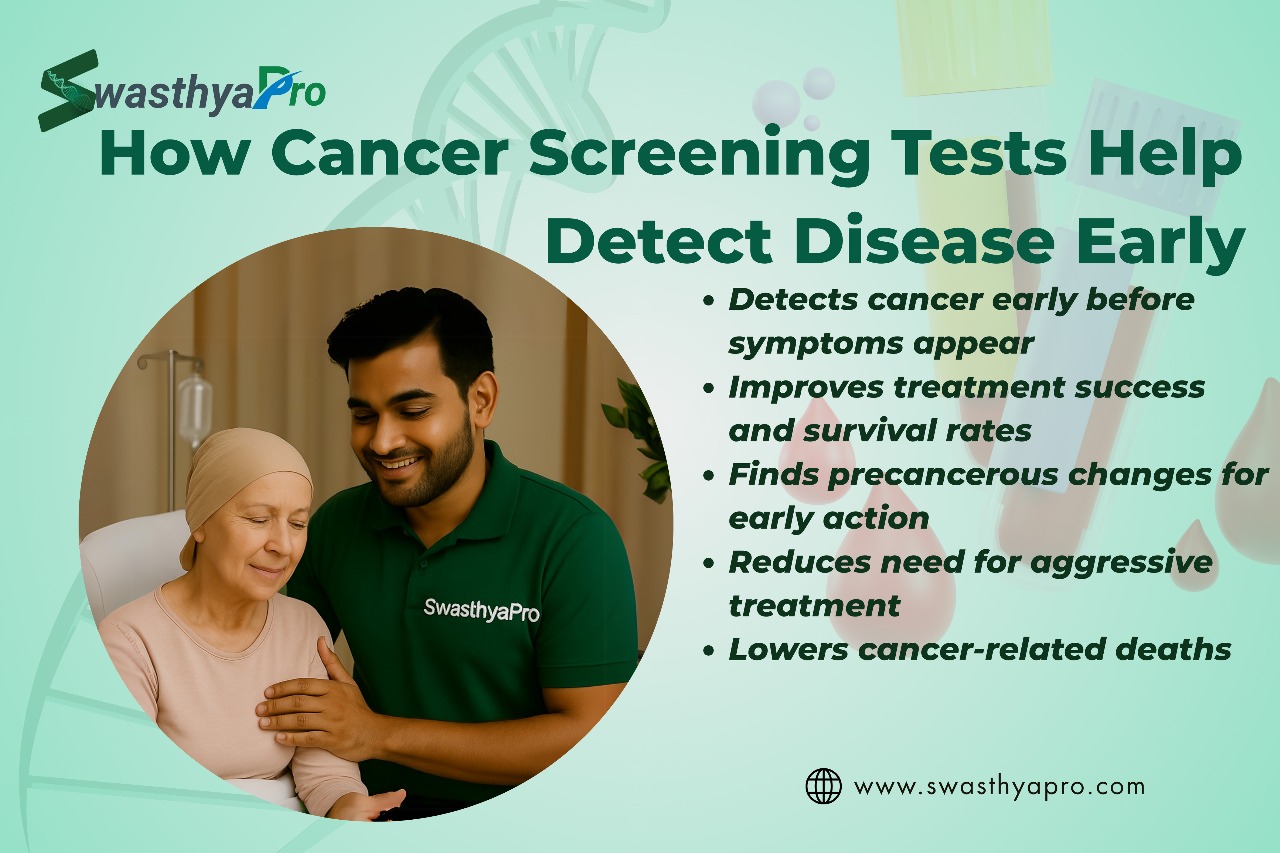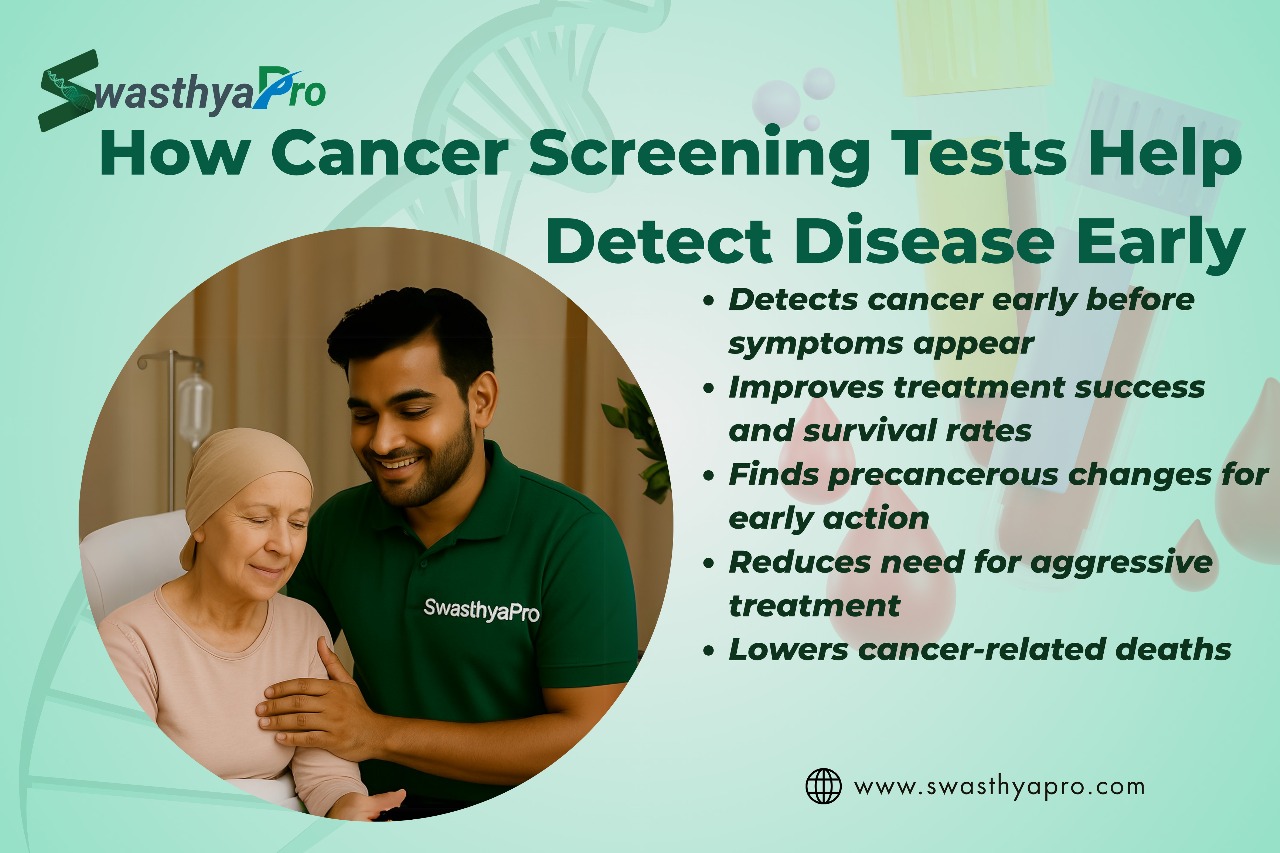What to Expect During a Full Body Checkup: Tests, Time & Tips
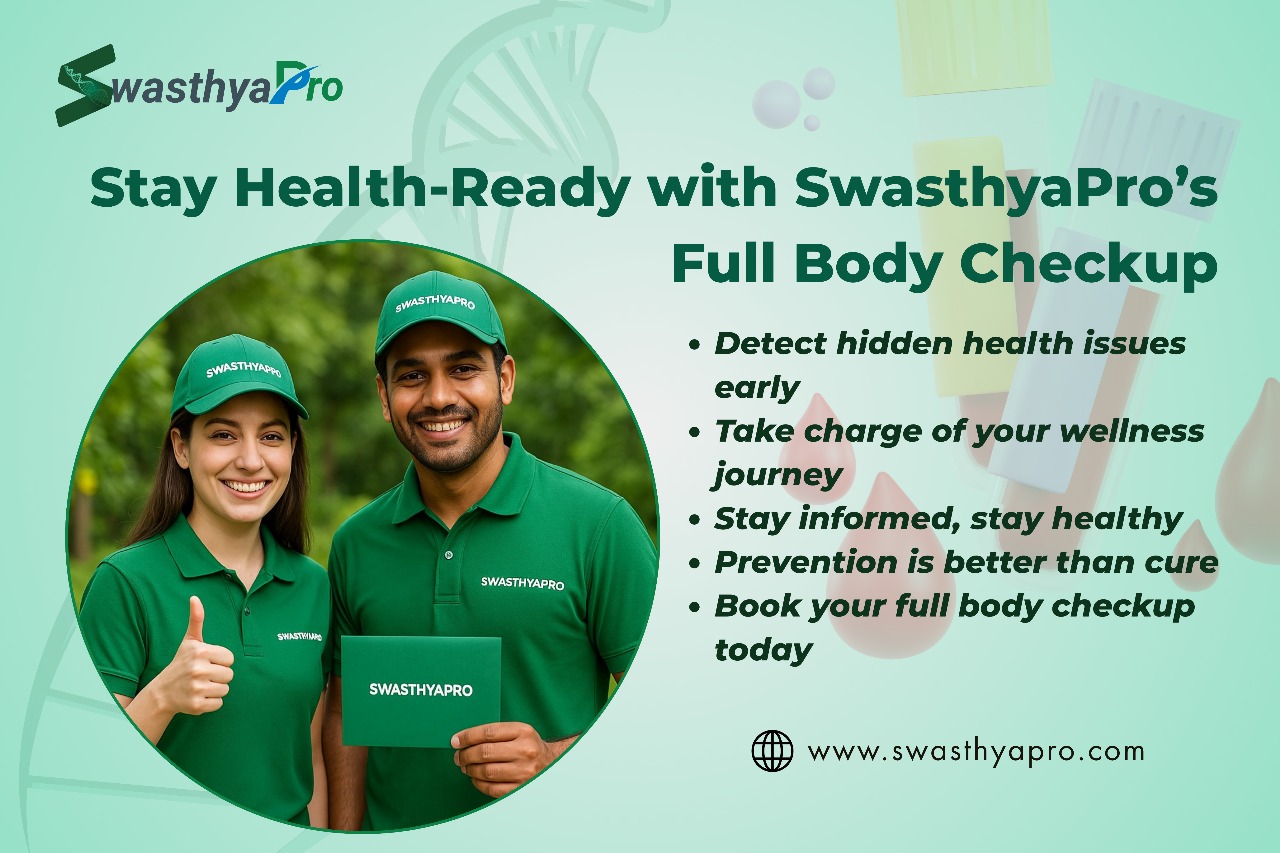
Strong 8k brings an ultra-HD IPTV experience to your living room and your pocket.
If you’ve never had a Full Body Checkup before, it’s natural to feel a little unsure. What happens during one? Is it uncomfortable? How long does it take? Will it hurt? These are common questions, especially for people who are used to only visiting a doctor when something feels wrong.
But here’s the truth — a Full Body Checkup is one of the smartest things you can do to take control of your health. It helps detect hidden problems, gives you a full report on how your body is functioning, and gives your doctor the information needed to help you stay healthy in the long run.
This article will walk you through exactly what to expect during a Full Body Checkup, what tests are typically included, how much time it takes, and how to prepare for it. By the end, you’ll feel more confident and ready to book yours.
Understanding What a Full Body Checkup Is
A Full Body Checkup is a thorough health assessment that covers all major organ systems. The purpose isn’t just to look for disease, but to ensure that your body is functioning as it should. Many people wait until something goes wrong to visit a doctor, but a Full Body Checkup is about being proactive — spotting potential issues early and taking action before they become serious.
In most clinics or hospitals, a Full Body Checkup is available as a package. These packages vary, but the goal is always the same: to provide a complete picture of your internal health. Whether it’s your first checkup or a regular one you do every year, knowing what to expect makes the experience smoother and less stressful.
Tests Included in a Full Body Checkup
When you arrive for your Full Body Checkup, you’ll likely begin with a few basic physical checks. These include measuring your height, weight, blood pressure, and body mass index (BMI). These simple measurements already provide a great deal of insight into your overall health.
Next comes the blood work. Blood tests are the heart of any Full Body Checkup, offering information on blood sugar levels, cholesterol, liver function, kidney function, vitamin levels, thyroid function, and more. A simple blood sample can reveal the presence of early-stage conditions like diabetes, high cholesterol, or hormonal imbalances.
A urine test is also part of the process. This test helps detect infections, kidney issues, or sugar and protein levels that may suggest underlying problems. Some Full Body Checkup packages may also include a stool test to look for signs of infection, bleeding, or digestive disorders.
Depending on your age, gender, and health history, additional screenings might be included. These could be ECG (electrocardiogram) for heart health, a chest X-ray for lung screening, and even abdominal or pelvic ultrasounds to check for growths or organ abnormalities. In some cases, eye exams, dental screenings, and even hearing tests are added to create a truly complete Full Body Checkup.
How Long Does a Full Body Checkup Take?
A typical Full Body Checkup takes between two to four hours, depending on how many tests are included in the package. You may be asked to come on an empty stomach, especially for blood tests that require fasting. Once the tests are completed, you’ll usually have to wait a few days for the full report. Some clinics offer a consultation on the same day to explain the basic results and suggest lifestyle changes.
If you’re planning a Full Body Checkup, it’s best to keep your schedule clear for at least half a day. Rushing through tests can increase stress, and it’s better to have time for proper discussions with the doctor afterward. Remember, a Full Body Checkup isn’t just about taking the tests — it’s also about understanding the results.
How to Prepare for a Full Body Checkup
Preparing for a Full Body Checkup is simple, but important. Most blood tests require fasting for 8 to 12 hours. This means no food or drink except water before your test. Drinking enough water is encouraged, as it makes drawing blood easier.
Avoid alcohol, smoking, and heavy meals for at least 24 hours before your Full Body Checkup. If you take regular medications, check with your doctor to see if you should take them on the day of the checkup. Wear comfortable clothing, and bring any previous medical records or reports you may have.
Getting a Full Body Checkup when you're feeling fine may feel strange at first. But the idea is to catch what you can't feel — those silent health threats that develop over time without obvious symptoms.
After the Full Body Checkup
Once your Full Body Checkup is complete and your results are ready, you’ll typically have a one-on-one consultation with a doctor. They’ll go through your reports, highlight anything unusual, and offer medical advice based on your test outcomes.
If your Full Body Checkup shows everything is normal, that’s great news — and it gives you a solid baseline to compare future results against. If something is off, early detection means you can begin treatment or lifestyle changes right away. In many cases, small adjustments in diet, exercise, or routine are enough to get things back on track.
Final Thoughts
A Full Body Checkup is more than just a health report. It’s a preventive tool, a safety net, and sometimes, a life-saver. It allows you to act before problems grow, gives you knowledge about your body, and reminds you that your health deserves attention — even when nothing feels wrong.
Don’t wait for illness to remind you of the value of health. Prioritize it. Understand it. Protect it.
Start with a Full Body Checkup — and take the first step toward a healthier future.
Note: IndiBlogHub features both user-submitted and editorial content. We do not verify third-party contributions. Read our Disclaimer and Privacy Policyfor details.



